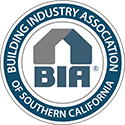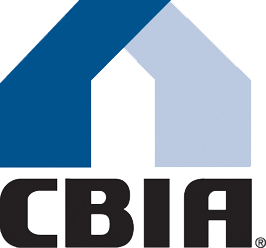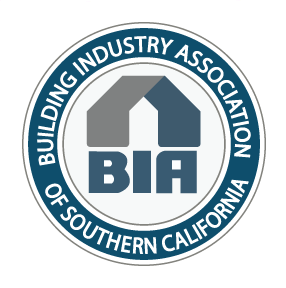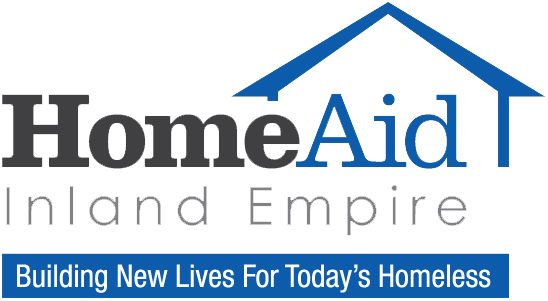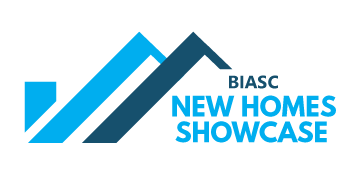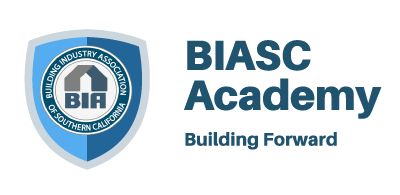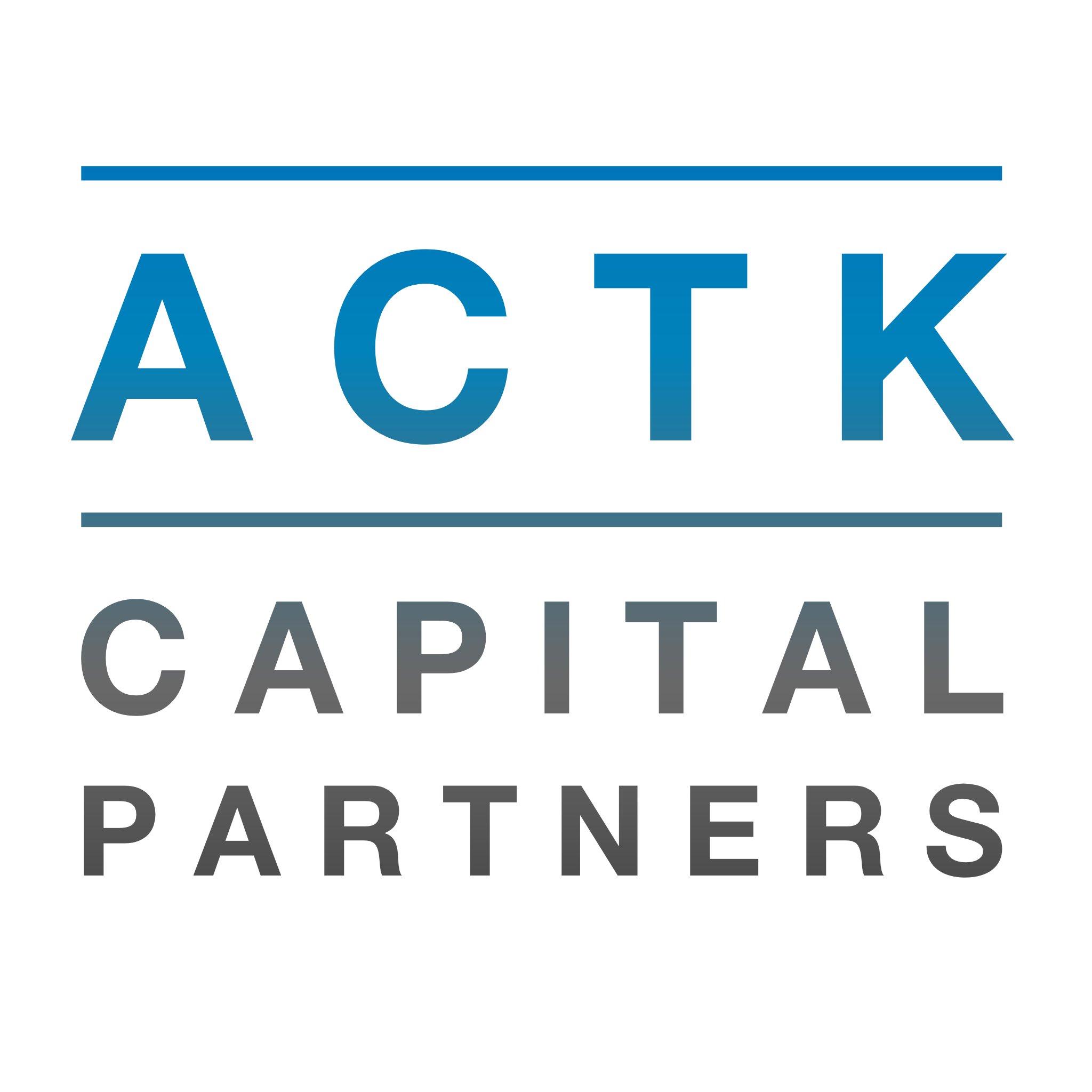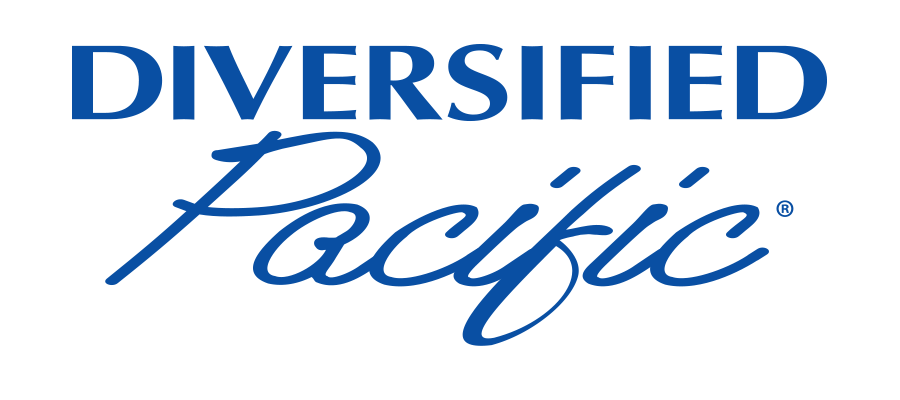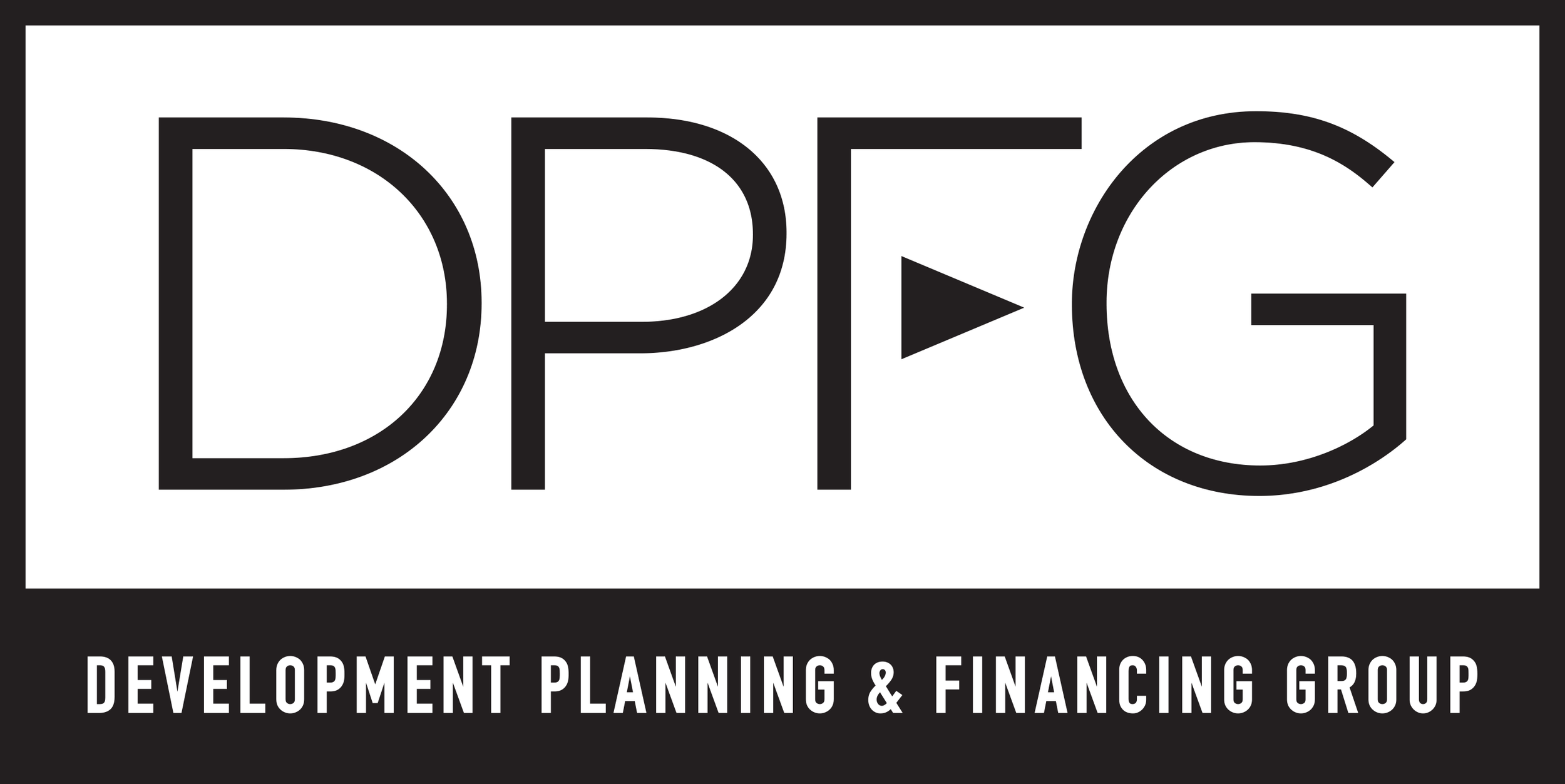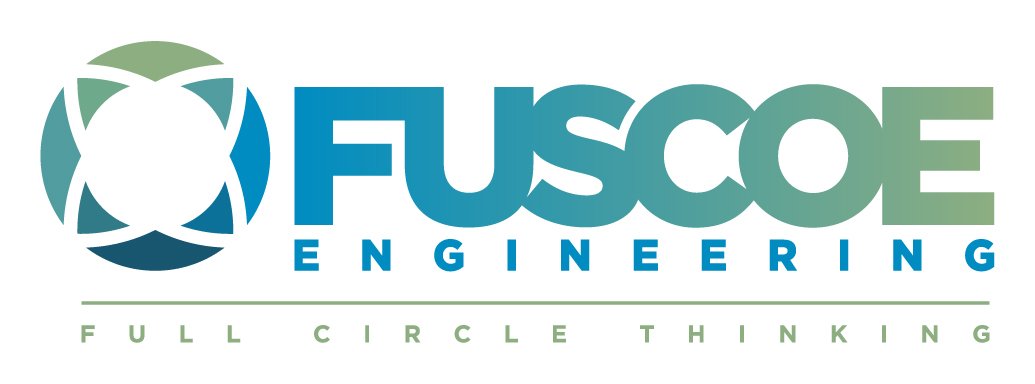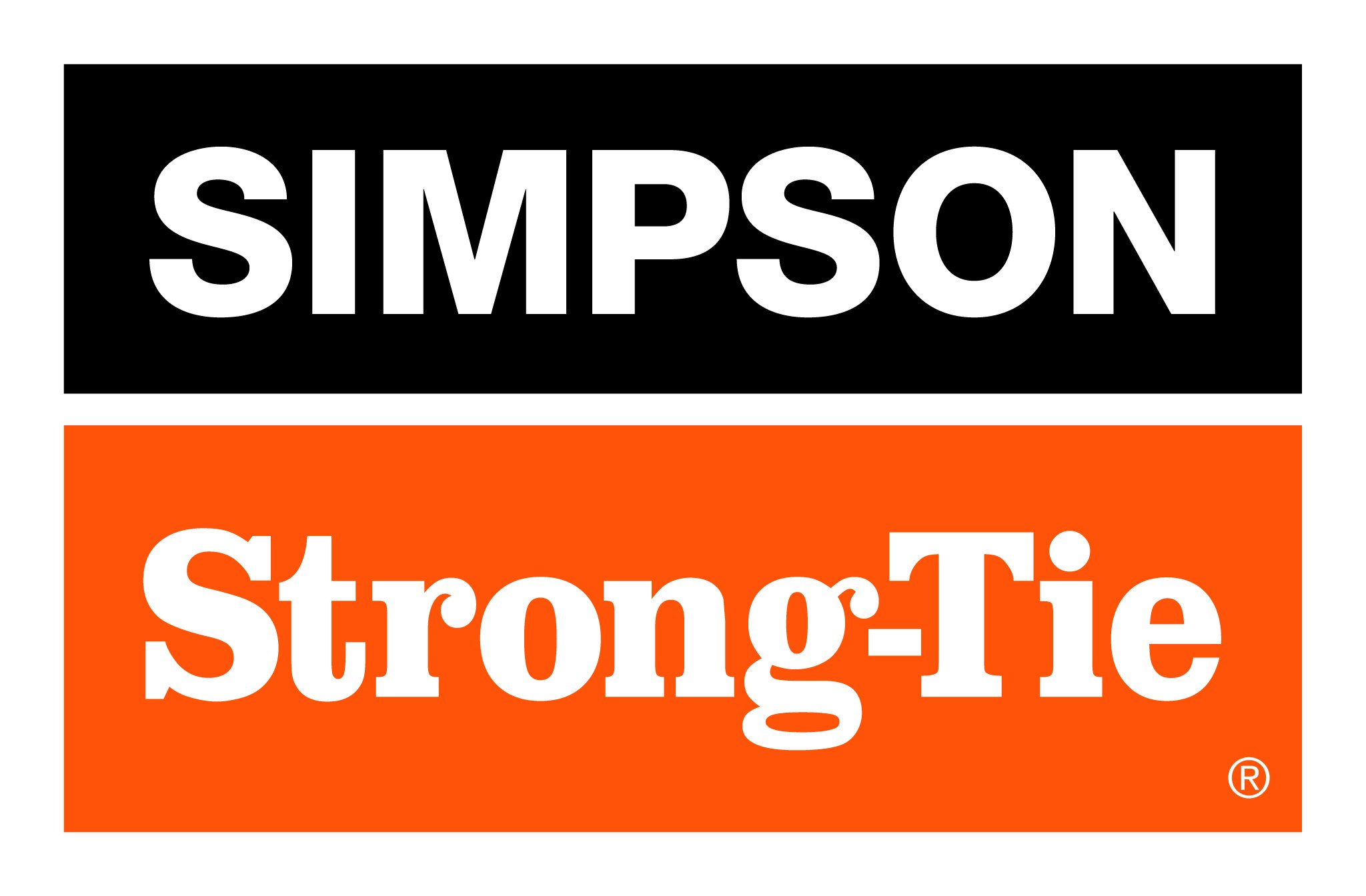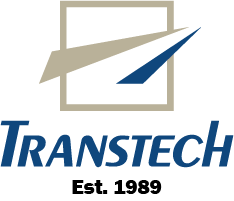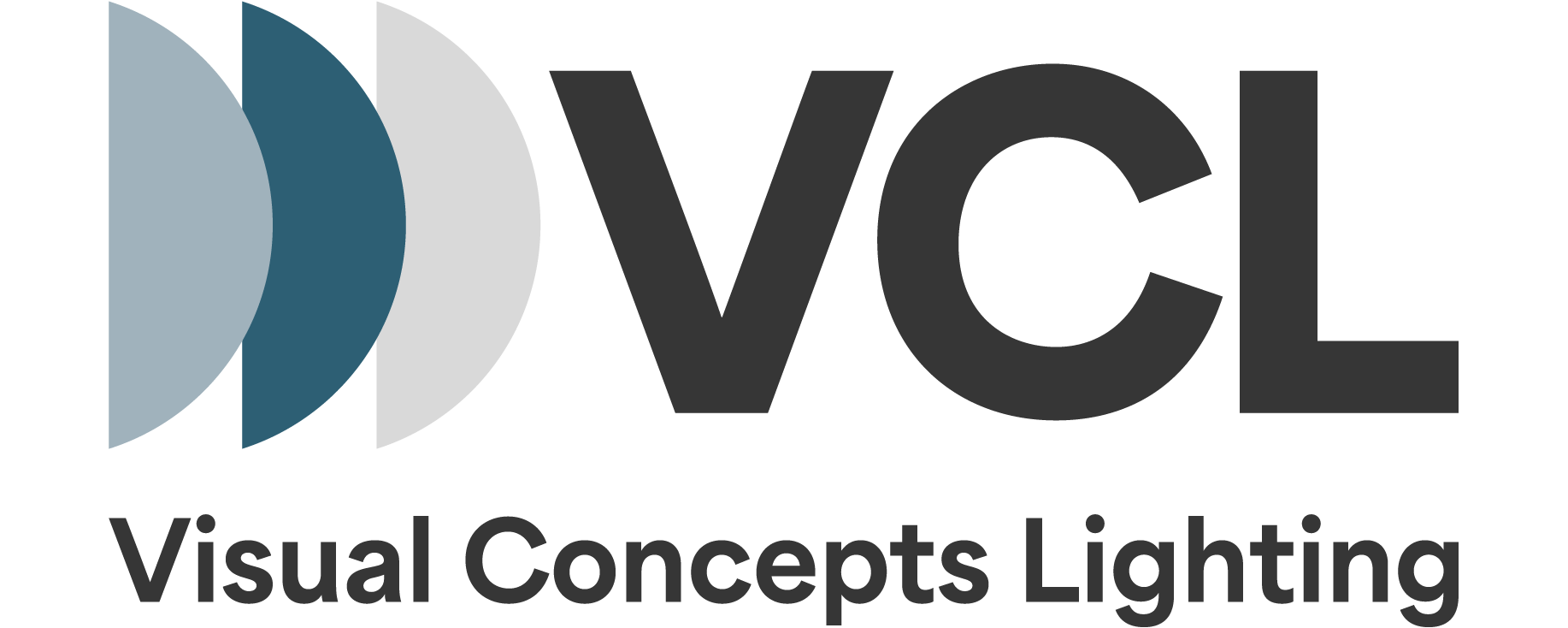By Ali Sahabi of Optimum Group, LLC
President, Building Industry Association (BIA) Baldy View Chapter
The rule for mystery writers is to write the ending first, then go back and write the rest of the story. Likewise, because the home is for most Americans the biggest and best investment they will ever make, it always helps to know what to expect at the conclusion of the transaction to fully prepare for navigating a successful home purchase.
“Closing” is the commonly-used term to describe the settlement process which is the final phase of purchasing a home. The settlement is the point where ownership of a property passes from seller to purchaser and involves a great deal of documentation and education on the part of the buyer. Fortunately for today’s homebuyers, in the past year new rules were introduced to simplify the loan application process to make it easier for consumers to understand the process by clearly spelling out the most relevant details all on one page such as the interest rate of the mortgage loan, the amount of the monthly payments and a listing of all the closing costs.
Yet, even in this newer simplified form, homebuyers will want to be as knowledgeable as possible to achieve the best possible terms in the transaction. So if you are shopping for a new home and have selected a lender, ask for a copy of the Department of Housing & Urban Development (HUD) pamphlet Buying Your Home: Settlement Costs and Helpful Information. It provides a good description of the settlement process and explains most of the expenses you will encounter.
When you apply for a loan, the lender is required by law to provide you with a good faith estimate of settlement costs. Shortly before settlement, you will be told exactly how much you owe so that you can get a bank check because a personal check is generally not acceptable. In some instances, you may have money returned to you instead of having to pay. For consumers applying for adjustable rate mortgages (ARMs) rather than fixed rate mortgages (FRMs), the documents will explain how their interest rate and future monthly payments could change based on certain factors.
Your next step will be to familiarize yourself with the technical terms of closing, so here is a handy glossary to keep with you as you navigate the process:
• Appraisal Fee – an estimate of the fair market value of your home to help both the lender and the buyer to determine if the sales price is consistent with the actual value. An appraiser inspects the house and the neighborhood and makes an estimate based on the price of comparable houses and other factors;
• Earnest Money a deposit paid to a seller to show you are serious about buying a house. Your receipt for this payment is called a binder. If you later buy the home, the earnest money is applied to your down payment. If not, the earnest money is returned, minus expenses for processing. Be sure that you understand the refund procedures before you make a deposit.
• Escrow Fees and Accounts which involve having a third party hold funds and/or documents until you and the seller complete settlement.
• Loan Origination Fee - a fee for the cost of processing the loan, usually calculated as percentage of the loan amount.
• Loan Discount or Points - A point is one percent on the loan amount. If you are borrowing $50,000, one point equals $500.
• Property Survey Fee - Buyers may have to pay to have their lot surveyed if there is a question about the boundaries. The cost will depend on the complexity of the survey.
• Recording Fee - Because title is changing hands, the transaction must be recorded with your city, county, or other appropriate branch of government. The fee covers administrative costs.
• State and Local Transfer Taxes - Some jurisdictions levy taxes on the transfer of property or on real estate loans.
• Settlement Costs Between Buyer and Seller - Your builder may have already paid the annual property taxes on your new home. When title changes hands, you must reimburse the builder for a proportional share of the taxes.
• Title Search and Insurance - A title search involves having someone look through public records to see if anyone else has a claim to your property. A lender does not want to lend you money only to learn in the event of foreclosure that somebody other than you has a prior claim to the property.
Keep these terms with you and refer to them whenever you want to ensure that you are the most prepared home buyer possible. For more information on the new rules, visit www.consumerfinance.gov/know-before-you-owe on the web.
